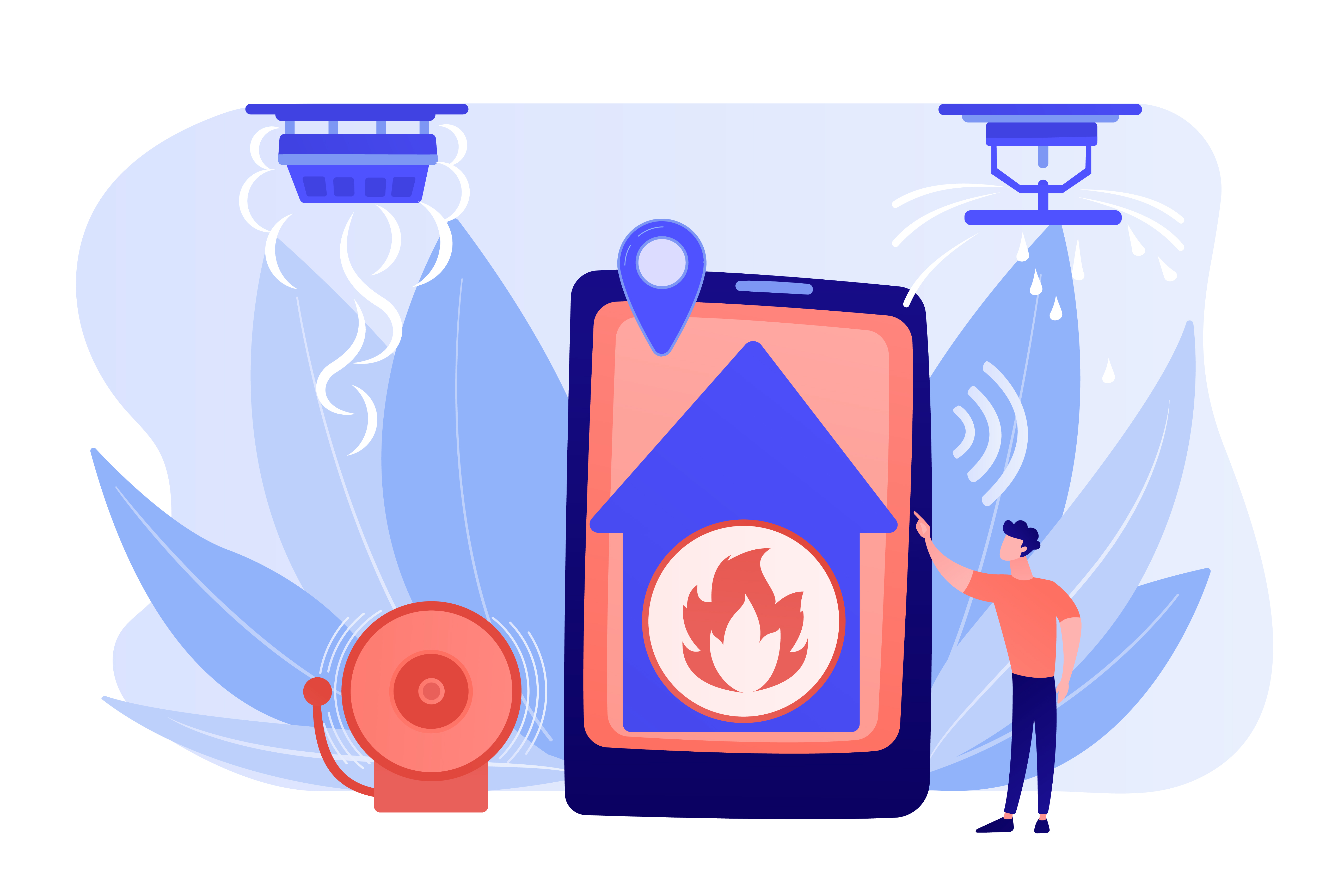Unmasking Social Media Burner Accounts: What They Are and Why They Matter

The digital world offers countless opportunities to connect, share, and express ourselves. However, it also provides a space for anonymity, where social media burner accounts thrive. These accounts play a significant role in the online ecosystem, offering both benefits and challenges. For individuals and organizations, understanding burner accounts is critical to navigating issues related to privacy, ethics, and social media screening.
What Are Social Media Burner Accounts?
Social media burner accounts are temporary or anonymous profiles created to maintain privacy or perform specific tasks. These accounts are distinct from personal accounts tied to verifiable information, often lacking Personally Identifiable Information (PII) such as real names, email addresses, or locations. Instead, they operate under pseudonyms or entirely fabricated identities, creating a veil of anonymity.
Across platforms, burner accounts take on various forms and names:
- On Instagram, they are often called "Finstas" (fake Instagrams), used for posting content meant for a smaller, private audience.
- On Twitter/X, "sock puppet accounts" are used for anonymous commentary or, at times, malicious activities like trolling.
- On Reddit, "throwaway accounts" allow users to participate in discussions or share sensitive information without linking it to their primary identity.
- On TikTok, users may adopt generic or pseudonymous usernames to explore content or interact anonymously.

Alternate names for social media burner accounts can also include throwaway accounts, sockpuppet accounts, anonymous accounts, fake accounts, disposable accounts, alt accounts, shadow accounts, temporary accounts, pseudonym accounts, and one-time accounts, burner, sleeper account, fakester, bouncer, smurf account, spam account and more.
These shadow accounts are prolific with shady variations of reporting on how many accounts exist across different platforms. In 2017, Facebook reported that 13-14% of it’s users were ‘duplicate’ or ‘false’. The Internet Policy Review cites widespread uncertainty about exactly how many fake accounts are floating around out there largely due to lack of definition about what constitutes a fake account, lack of verifiable data and poor calculations.
In 2017, Facebook reported that 13-14% of it’s users were ‘duplicate’ or ‘false’.
These accounts serve a wide range of purposes, from harmless exploration to enabling activities that skirt accountability.
The Origins of Burner Accounts
The concept of burner accounts can be traced back to the early days of the internet, when forums and chatrooms encouraged pseudonymous participation. These spaces allowed users to discuss sensitive topics, explore hobbies, or express opinions freely without revealing their identities.
As social media platforms emerged and became mainstream, the need for anonymity persisted. Burner accounts evolved as tools for individuals seeking privacy in an increasingly public digital landscape. The reasons behind their creation include:
- Privacy Concerns: Users value the ability to separate certain activities or opinions from their main profiles.
- Experimentation: Both individuals and brands test new strategies, explore trends, or engage in unfiltered conversations without tying them to their primary accounts.
- Balancing Personal and Professional Lives: Professionals often use burner accounts to maintain distinct boundaries between their work and personal personas.
These motivations highlight the diverse appeal of burner accounts in the digital age.
Common Uses of Burner Accounts
Burner accounts are employed for a variety of purposes including:
- Individuals use burner accounts to test social media strategies, post experimental content, or interact with niche communities.
- People explore sensitive topics or participate in support groups without fear of judgment.
- Brands leverage these accounts to gauge public sentiment or monitor competitor activity.
- Unfortunately, some users exploit burner accounts for cyberbullying, harassment, or trolling.
Living a ‘secret life’ via social media has its consequences and often a ‘secret’ digital footprint can still be traced. Though not easily. One example is that of the Philadelphia 76er’s President of Basketball Operations, Bryan Colangelo. In 2018, Mr. Colangelo resigned after five burner accounts were discovered on X (Twitter at the time) that criticized players and leaked internal information about the team.
The dual nature of burner accounts underscores their complexity and the ethical considerations they raise in online interactions.
The Challenges of Identifying Burner Account Owners
Burner accounts are intentionally designed to obscure their owners' identities, making them difficult to trace. Several factors contribute to this challenge:
- Lack of PII: Most burner accounts are not linked to verifiable information like real names, legitimate email addresses, locations, photos or phone numbers.
- Anonymizing Tools: Users often employ VPNs or proxy servers to mask their locations, further complicating identification.
- Platform Privacy Protections: Social media platforms prioritize user privacy, restricting access to account data without legal authorization or valid reasons.
The implications of these challenges are significant. For instance, law enforcement agencies may struggle to trace individuals behind burner accounts in cases of harassment or cybercrime. Similarly, employers conducting social media screening may overlook critical behavioral insights when burner accounts go undetected.
Why Burner Accounts Often Evade Social Media Screening
Social media screening tools are essential for identifying and analyzing publicly available information linked to verifiable profiles. However, burner accounts often manage to evade detection due to their anonymous nature. Here's why:
- Minimal PII: Burner accounts typically lack connections to email addresses, phone numbers, real names, images, or location data, making them elusive to traditional screening methods. However, Ferretly stands out with its extensive OSINT database that includes billions of profiles, alongside paid sources, to enhance the detection of such accounts. This allows Ferretly to sometimes uncover links to anonymous profiles where others fail.
- Private Profiles: Many burner accounts set their privacy settings to restrict visibility to only approved followers or connections. While this poses a challenge, Ferretly's AI-driven technology can occasionally find clues through avatar comparison and fuzzy matching, even in scenarios where profiles are set to private.
- Ethical Boundaries: Social media screening must adhere to legal frameworks like the FCRA, which means services operate within strict ethical guidelines, avoiding unauthorized access to private or pseudonymous accounts. Ferretly ensures compliance with these laws, focusing on publicly available data, but uses its advanced tools to maximize the information it can legally gather.
For companies and organizations, understanding these limitations is key when setting expectations for social media screening processes. While even the most sophisticated AI or human analysts might struggle with burner accounts, Ferretly's unique capabilities provide a more robust approach to uncovering anonymous identities, although complete detection is not always guaranteed due to the inherent privacy of such accounts.
Best Practices for Employers and Individuals
To navigate the complexities of burner accounts, both employers and individuals can adopt thoughtful strategies:
For Employers:
- Acknowledge the limitations of social media screening tools, particularly in detecting burner accounts.
- Focus efforts on analyzing publicly accessible and verifiable profiles.
- Partner with social media screening services that comply with privacy laws and best practices and that have the most advanced identification options.
For Individuals:
- Use burner accounts responsibly, refraining from activities that could harm others or damage reputations. These ‘hidden’ accounts can still be surfaced at times.
- Stay mindful of how anonymity influences online behavior and its potential consequences.
- Leverage privacy settings and security tools to protect personal information ethically.
Conclusion
Ferretly upholds the significance of anonymous speech as a cornerstone of free expression, acknowledging its role in allowing citizens to critique government or societal matters without fear of retribution. Yet, the existence of burner accounts presents unique challenges for organizations, law enforcement, and ethical governance. By recognizing the intricacies and boundaries of these accounts, both individuals and employers can more effectively manage the nuanced landscape of today's social media environment.






